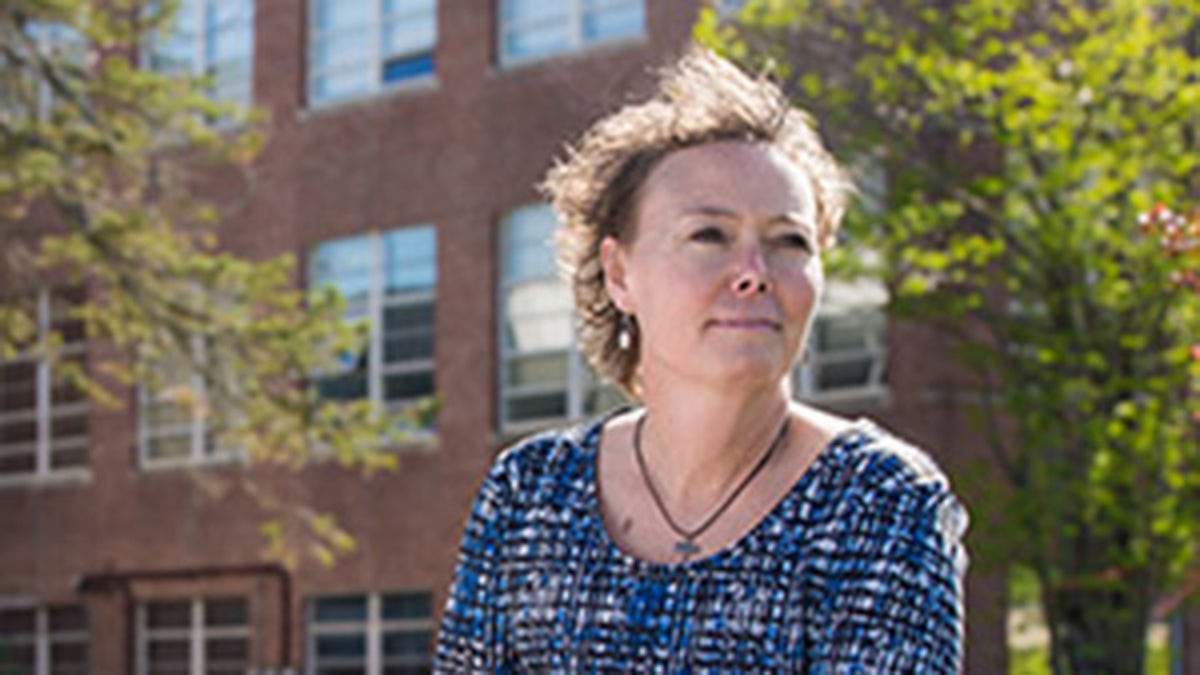
A Maine school district that warned a teacher she could be fired for telling a colleague she would pray for him is repenting after a legal watchdog came to her defense.
The school’s retreat stems from a clash that erupted in September 2016 and which involved a special education technician, Toni Richardson. She told a colleague, with whom she attended church, that she would pray for him. The comment, which was made privately, was made in response to the man sharing with Richardson that he was finding his work very difficult.
The following day he thanked her for her prayers, Richardson said. But a few days later, in a meeting with her and another person, the man complained about Richardson’s offer to pray for him.
Then, on Sept. 16, she was called to a meeting with school officials. One of the officials asked her about her religious beliefs and practices, and then told her that her comment about praying for a colleague violated the First Amendment’s establishment clause, which prohibits the government from establishing a religion, Richardson stated in a May 2017 letter to the Equal Employment Opportunity Commission (EEOC).
Shortly after, the school issued a “coaching memorandum” reprimanding Richardson and threatening further disciplinary action if she did not obey the memorandum’s order to never make any “reference to your spiritual or religious beliefs” in school.
The memorandum also stated, “If you have any additional interactions that are deemed unprofessional by administration, you will be subject to disciplinary action and/or possibly dismissal.”
The verbal reprimand and subsequent memorandum stunned Richardson.
“I couldn’t believe that … I was interrogated about my religious identity and ordered to censor any phrase that could have any trace of religious content in it, even in private conversations between co-workers on my own time, and that I was ordered to hide any aspect of my Christian identity from my speech,” Richardson’s EEOC letter stated.
Richardson reached out to First Liberty Institute, which along with the Maine law firm of Eaton Peabody attempted to negotiate a settlement with the school that would respect both the establishment clause and Richardson’s free speech rights.
Eventually those talks broke down and her attorney filed charges of religious discrimination and retaliation against the school district with the EEOC.
“We had multiple discussions with attorneys for the school district that just weren’t going anywhere,” Jeremy Dys, deputy general counsel with Liberty First Institute, told Fox News. “The school district was still holding the position that she had violated the establishment clause. We were left with no option but to apply the law to the school district.”
"I was interrogated about my religious identity and ordered to censor any phrase that could have any trace of religious content in it . . ."
Last Friday the Augusta School Department walked back its position with an updated memorandum, acknowledging Richardson’s protected First Amendment right to privately discuss religion among her co-workers.
School officials were not immediately available for comment.
The updated coaching memorandum, which has not been made public, withdraws any threats of disciplinary action against Richardson by the school district and acknowledges the First Amendment rights of all school employees, including Richardson, “to express religious beliefs or use faith-based language at school.”
The memorandum states that comments such as “God bless you” or “I am praying for you” are permissible when made to co-workers outside of the hearing of students, her attorney said.
School officials said they “recognized the rights of employees to hold and express religious beliefs and it never was our intent to unlawfully restrict those rights,” according to cnsnews.com.
Richardson continues to work in the school.
“I love my job helping special needs students succeed, and I am glad that I don’t have to sacrifice my First Amendment rights in order to be here,” Richardson said. “I hope my colleagues, and school employees across the country, will remember that the First Amendment still protects our private conversations at work.”









































